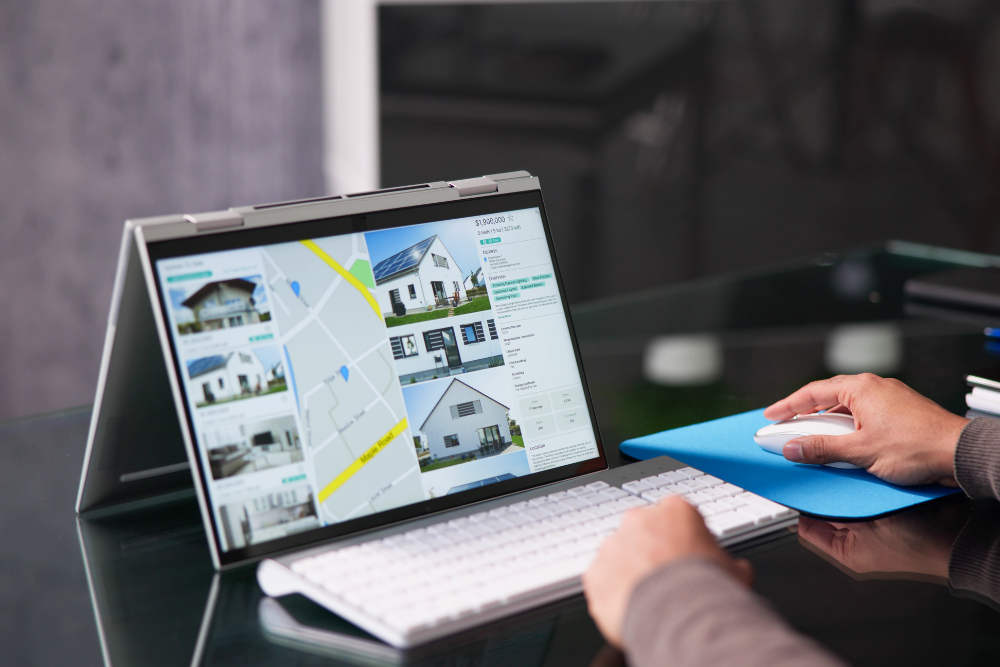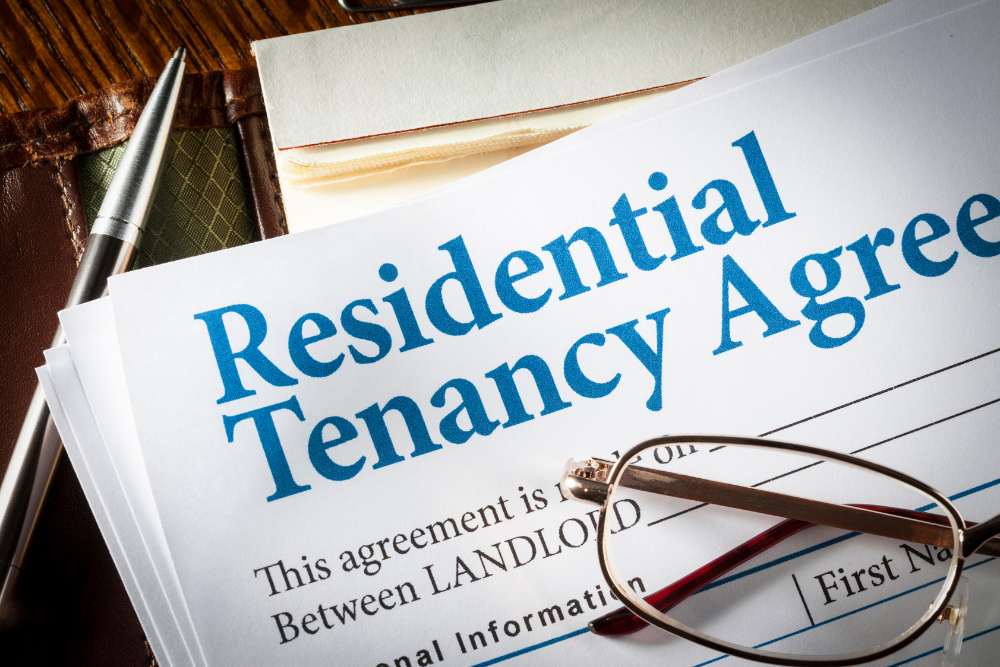In the last decade, technology has seeped into nearly every facet of our lives, from how we communicate to how we manage our homes. The property management industry is no exception, as the Internet of Things (IoT) continues to reshape it in unprecedented ways. By 2025, IoT is not just expected to enhance the standard functionalities but revolutionize them, making property management smarter, more efficient, and more responsive to both managers and tenants. Whether you’re a property manager navigating the evolving landscape or a tenant eager to experience futuristic living, understanding these transformations is imperative. Here’s a glimpse into how IoT is poised to change property management by 2025 and beyond.
1. Hyper-Connected Real Estate: How IoT will Redefine Property Visibility and Monitoring
The IoT framework is set to make properties hyper-connected, integrating sensors and devices that offer real-time monitoring and detailed visibility across all property facets. Imagine a world where maintenance issues are detected and reported automatically before they become significant problems. Sensors will monitor everything from air quality to security systems, providing data-driven insights that enhance tenant satisfaction and operational efficiency.
Moreover, landlords will be able to predict maintenance needs based on data patterns, ensuring repairs before breakdowns occur. In high-demand real estate markets, this proactive approach reduces tenant turnover by maintaining property standards. By 2025, smart building management systems will integrate IoT devices for everything from moisture detection to energy management, optimizing resources and cutting costs.

2. Smart Tenancy: Enhancing Tenant Experience Through IoT
With tenants increasingly prioritizing smart and convenient living experiences, IoT offers an intelligent solution to meet these expectations. IoT-enabled devices will allow tenants to control lighting, heating, and security systems from their smartphones. This shift towards smart tenancy is not just a trend but a game-changer that increases property value while reducing energy consumption.
Additionally, intelligent access systems enabled by IoT provide enhanced security and ease of access, replacing the traditional lock-and-key mechanism with smart locks. These systems can automatically adjust to tenant preferences and schedules, creating a personalized living environment. In a competitive rental market, such features become crucial differentiators for property managers seeking to attract and retain tech-savvy tenants.

3. Data-Driven Insights: Leveraging IoT Analytics for Better Decision-Making
The tidal wave of data generated by IoT devices provides property managers and realtors with a powerful tool to drive strategic decisions. By 2025, analytics platforms will process immense datasets in real-time, offering actionable insights that inform everything from marketing strategies to rental pricing.
Property managers can now track tenant behaviors and preferences, tailoring their services to meet individual needs. Equipped with detailed data, managers can effectively strategize property upgrades, pricing adjustments, and lease renewals to maximize ROI. Furthermore, predictive analytics will forecast market trends, helping property businesses stay ahead of the curve in an ever-evolving industry.

The remarkable advancements offered by IoT are set to create a future where property management is more proactive, efficient, and tenant-focused than ever before. As we approach 2025, embracing these IoT innovations isn’t merely a nice-to-have—it’s a necessity to remain competitive in the property management sector. If you’re a property manager, real estate investor, or tech-savvy tenant eager to deepen your understanding of these changes, staying updated and prepared is crucial.



